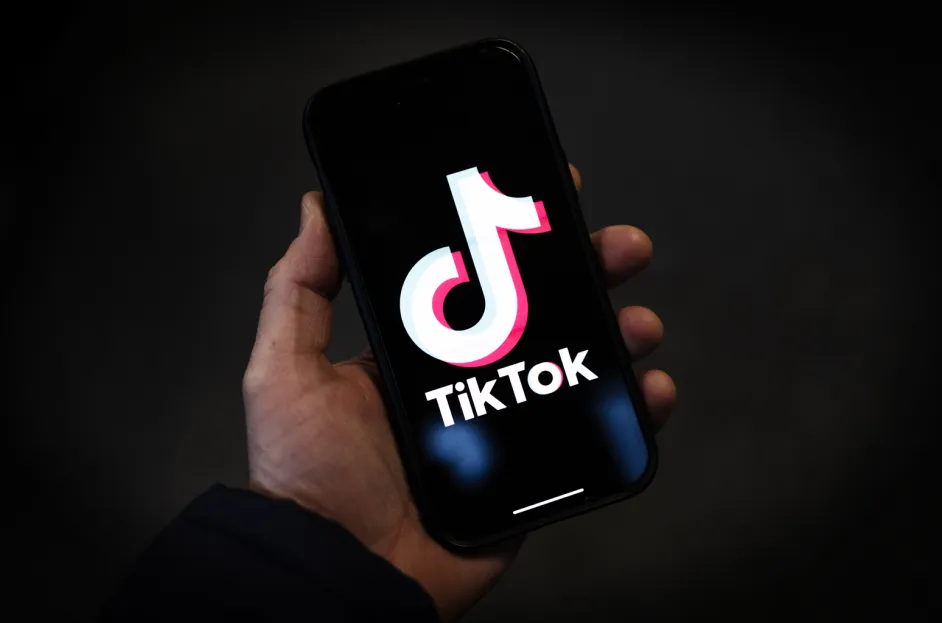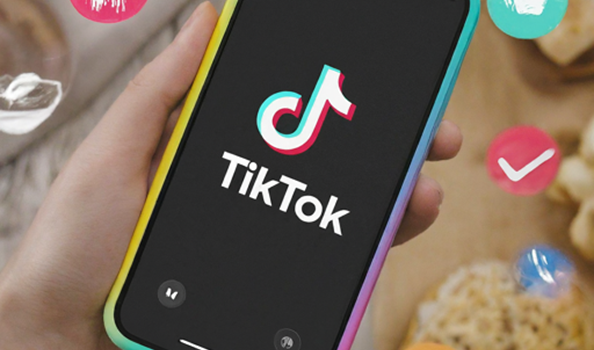
In the rapidly evolving landscape of digital marketing, TikTok has emerged as a formidable player, significantly influencing social media marketing strategies. Launched in 2016, TikTok has quickly become a cultural phenomenon, boasting over a billion active users worldwide. This article delves into the impact of TikTok on social media marketing, highlighting key trends, strategies, and the unique opportunities it presents for brands and marketers.
The Rise of TikTok
TikTok’s meteoric rise can be attributed to its unique format and user-friendly interface. The platform allows users to create and share short, engaging videos, often set to music, with a variety of editing tools and effects. This format has resonated particularly well with younger audiences, with a significant portion of its user base being Gen Z and Millennials.
The app’s algorithm is another critical factor in its success. TikTok uses a sophisticated recommendation system that curates content based on user behavior, preferences, and engagement. This personalized experience keeps users hooked and encourages them to spend more time on the platform, making it an attractive space for marketers.
TikTok’s Influence on Social Media Marketing
1. Shift Towards Short-Form Content
One of the most significant impacts of TikTok on social media marketing is the shift towards short-form content. Traditional platforms like Facebook and Instagram initially focused on longer posts and images. However, the popularity of TikTok’s 15 to 60-second videos has demonstrated the power of concise, engaging content. As a result, other platforms have adapted, with Instagram launching Reels and YouTube introducing Shorts to compete with TikTok’s format.
For marketers, this shift means rethinking content strategies to focus on brevity and creativity. Short-form videos are more likely to capture users’ attention and can be highly effective in conveying brand messages quickly.
2. Increased Importance of User-Generated Content
TikTok thrives on user-generated content (UGC), which has become a cornerstone of its appeal. Challenges, trends, and hashtags encourage users to create and share their own videos, often featuring brands and products organically. This phenomenon has led to the rise of viral marketing campaigns where brands leverage UGC to reach a broader audience.
Marketers can capitalize on this trend by creating branded challenges or encouraging users to share their experiences with products. UGC not only boosts engagement but also builds authenticity and trust, as consumers are more likely to trust content created by their peers.
3. Emphasis on Authenticity and Relatability
TikTok’s informal and authentic nature sets it apart from other social media platforms. Users appreciate content that feels genuine and relatable, rather than polished and overly produced. This has led to a shift in how brands approach their marketing strategies.
Marketers are now focusing on creating content that aligns with TikTok’s ethos. This includes behind-the-scenes videos, influencer collaborations, and content that showcases the human side of a brand. Authenticity resonates with TikTok’s audience, fostering a deeper connection between brands and consumers.

4. The Rise of Influencer Marketing
Influencer marketing has seen a significant boost with the rise of TikTok. The platform has given birth to a new generation of influencers, known as TikTok creators, who have amassed large followings and wield considerable influence. These creators span various niches, from beauty and fashion to fitness and comedy, providing brands with diverse partnership opportunities.
Collaborating with TikTok influencers allows brands to tap into their established audiences and benefit from their creativity and authenticity. Influencer marketing on TikTok can take various forms, including sponsored posts, product reviews, and brand takeovers, all of which can drive engagement and brand awareness.
5. Enhanced Targeting and Analytics
TikTok’s advertising platform offers robust targeting and analytics capabilities, allowing marketers to reach specific demographics and measure campaign performance effectively. Brands can create in-feed ads, branded effects, and hashtag challenges, among other ad formats, to engage users.
The platform’s analytics tools provide insights into key metrics such as views, likes, shares, and engagement rates. This data enables marketers to refine their strategies, optimize content, and achieve better ROI.
6. Integration with E-Commerce
TikTok has also made strides in integrating e-commerce features, making it easier for brands to drive sales directly from the platform. The introduction of shoppable ads and the ability to link to product pages within videos have opened up new avenues for social commerce.
For instance, TikTok’s partnership with Shopify allows merchants to create and run campaigns directly from the Shopify dashboard, streamlining the process of reaching potential customers. This integration bridges the gap between social media engagement and online shopping, providing a seamless experience for users and driving conversions for brands.
Challenges and Considerations
While TikTok presents numerous opportunities for social media marketing, it also comes with its challenges. The platform’s rapid pace and ever-changing trends require marketers to stay agile and adaptable. Additionally, the younger demographic of TikTok users may not align with every brand’s target audience, necessitating careful consideration of whether TikTok is the right fit for specific campaigns.
Privacy concerns and regulatory scrutiny are other factors that marketers must keep in mind. Ensuring compliance with data protection regulations and maintaining transparency with users is crucial to building trust and credibility.
Conclusion
TikTok has undeniably reshaped the social media marketing landscape, driving a shift towards short-form content, authenticity, and user-generated content. Its influence on influencer marketing, targeting capabilities, and e-commerce integration has opened up new possibilities for brands to connect with their audiences in innovative ways.
As TikTok continues to evolve, marketers must stay attuned to emerging trends and adapt their strategies accordingly. By embracing the unique opportunities TikTok offers and leveraging its powerful features, brands can create impactful and engaging campaigns that resonate with today’s digital-savvy consumers.










